Articles about: risk

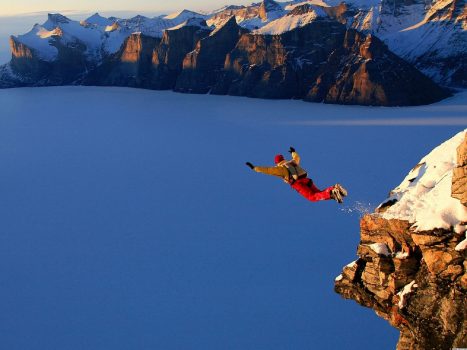
“I’m not a risk taker” – the US BASE jumpers’ perception of their own risk tolerance
There was supposed to be an article about skydivers’ perceptions of their propensity to take risks, but it turns out that people in the USA are a bit different than in Poland. Intercultural differences?
Read more

You skydive? And you’re not afraid?
I can’t count how many times I’ve heard this question. And I never know how to answer, because you can’t simply say “yes” or “no”. It is differently, a lot has changed as I gained experience and it depends on what kind of “fear” we are talking about. I will try to explain it :)
Read more
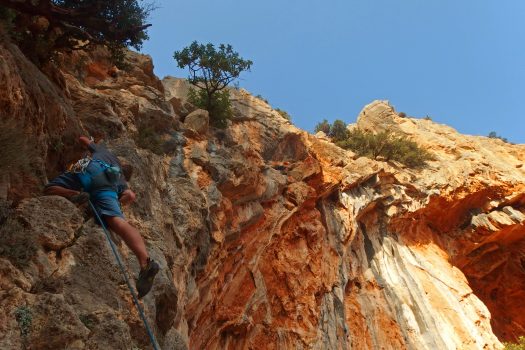
What attracts people to risky sports or not only risk
For others, the matter is often simple – if someone at their own request engages in risky activities, it means that they like risk and do it for adrenaline. In reality, however, it is more complicated and there are many motivations for practicing extreme sports. Among them, the social aspect is of great importance.
Read more

Affect regulation and risk-taking in extreme sports
Extreme sports are by definition risky, but any such sport can be practiced in a more or less safe way. Some try to minimize the risk, while others undertake activities that are associated with a higher risk of an accident. What distinguishes more risky people?
Read more
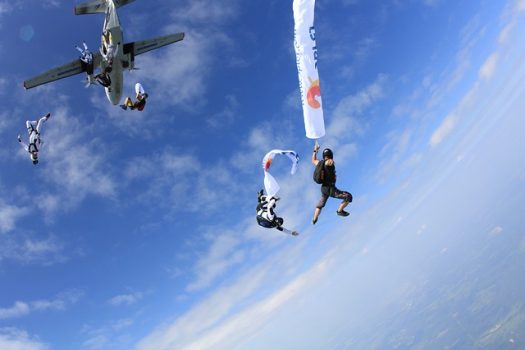
Not every skydiver is a risk taker
Skydivers are often perceived as thrill-seekers in need of high doses of adrenaline. This is confirmed by studies in which skydivers were compared to non-skydivers. However, another picture emerges from the study in which skydivers themselves were compared with each other.
Read more

Risk through the eyes of risk takers
Talking with my skydiver friends, I got the impression that some of them do not appreciate the risk involved in practicing this sport, thinking that you can also harm yourself at home or walking along the street. This led me to wonder how generally people who engage in various risky sports approach the dangers associated with […]
Read more

Why it is worth to sleep
For those who believe that it is a waste of life to sleep, because “they will sleep after death” – a new article. About why it is better though to have enough sleep during life. Lack of sleep negatively affects mood, motivation, social and emotional skills, communication skills, creativity, memory, decision-making ability, immune system, cardiovascular system and even […]
Read more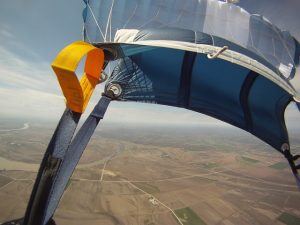

Skydiving prevents depression?
French scientists based on skydivers research published in 1999, found that sensation seeking can be an adaptive response to anhedonia, ie. an inability to experience pleasure. The creator of the theory of sensation seeking stated that the physiological basis of sensation seeking is the optimal level of arousal – in patients that achieve high scores in this scale […]
Read more
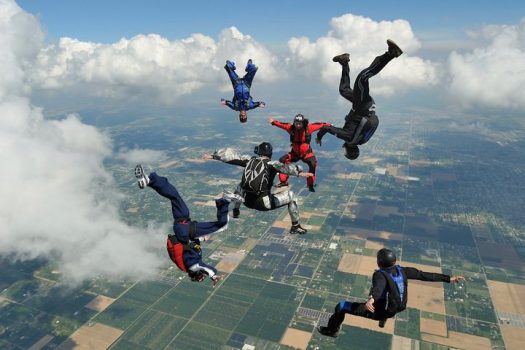
Sensation seeking
The concept “sensation seeking” was developed in 1979 by Marvin Zuckerman and its definition is “the search of varied, novel, complex and intense feelings and experiences, and readiness to take physical, social, legal, and financial risks for the sake of such experiences”.
Read more